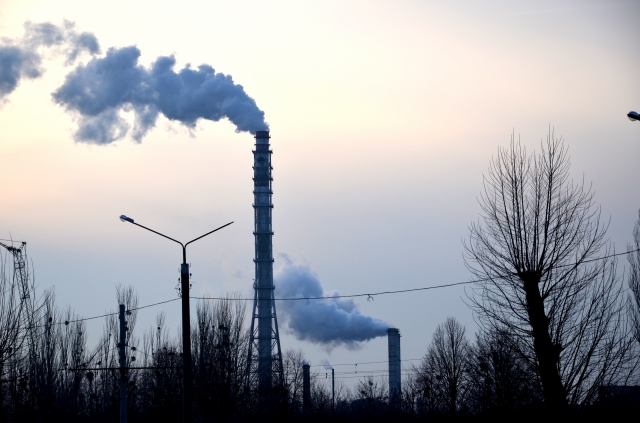
Padraic Fogarty made a particularly illustrious impact on the audience of the Hist discussion panel as he outlined a lot of the statistics that may not have been common knowledge to the crowd. He mentioned that Ireland has the second lowest percentage of forest coverage within Europe at a devastating 11%. While that may not mean much to some, Fogarty highlighted maintaining vast forest area as having a direct correlation with the restoration of nature which he claimed to make up 40% of the work the people of Ireland can do to modify the “despoliation of the natural world”.
Similarly, Professor McElwain forced members of the audience to critically reflect on the direct effects humanity has had on the planet. She stated that within the last 100 years, “the pace [of our climate’s quietus] is unprecedented”. She made a point to mention that while the weather in Ireland is quite boring and often consistent year-round, this should not make the citizens of Ireland complacent.
Despite however daunting the reality of our environmental circumstance is, every speaker managed to provide insight as to how we as students and as members of humanity can improve the way we treat the world around us. Chairperson of the Environmental Society at Trinity, Jessie Dolliver, suggested that rather than rely on the Irish Government to “have all the answers”, we must all think holistically of the issues that arise as a direct effect of climate change. Dolliver touched on the refugee crisis and the inevitable influx of emigrants when countries riddled with famine and flood, as a direct effect of carbon emission, will no longer be able to support the millions of citizens that habituate the land. Moreover, she exposed the bleak reality Irish citizens will be forced to come to terms with if Ireland does not reach the EU environmental targets for 2020. If Ireland is in fact unable to reach their goals within the next two and a half years, taxpayers will be fined for every percentage they deviate from the goal.
Efforts made in the movement towards “clean” living, whilst crucial, hold little importance for people when put in terms of moral or cultural change. However, if more activists underscored the financial strain our current living conditions will have on our society in the forthcoming future, the reality of our shrinking world may be as fleeting as the time we have left to constitute change.






